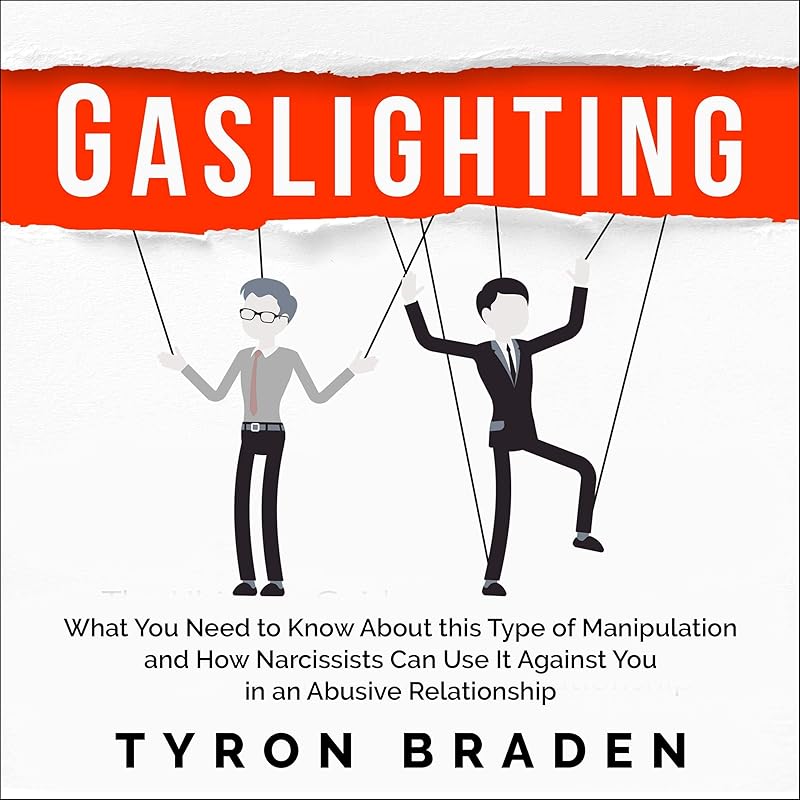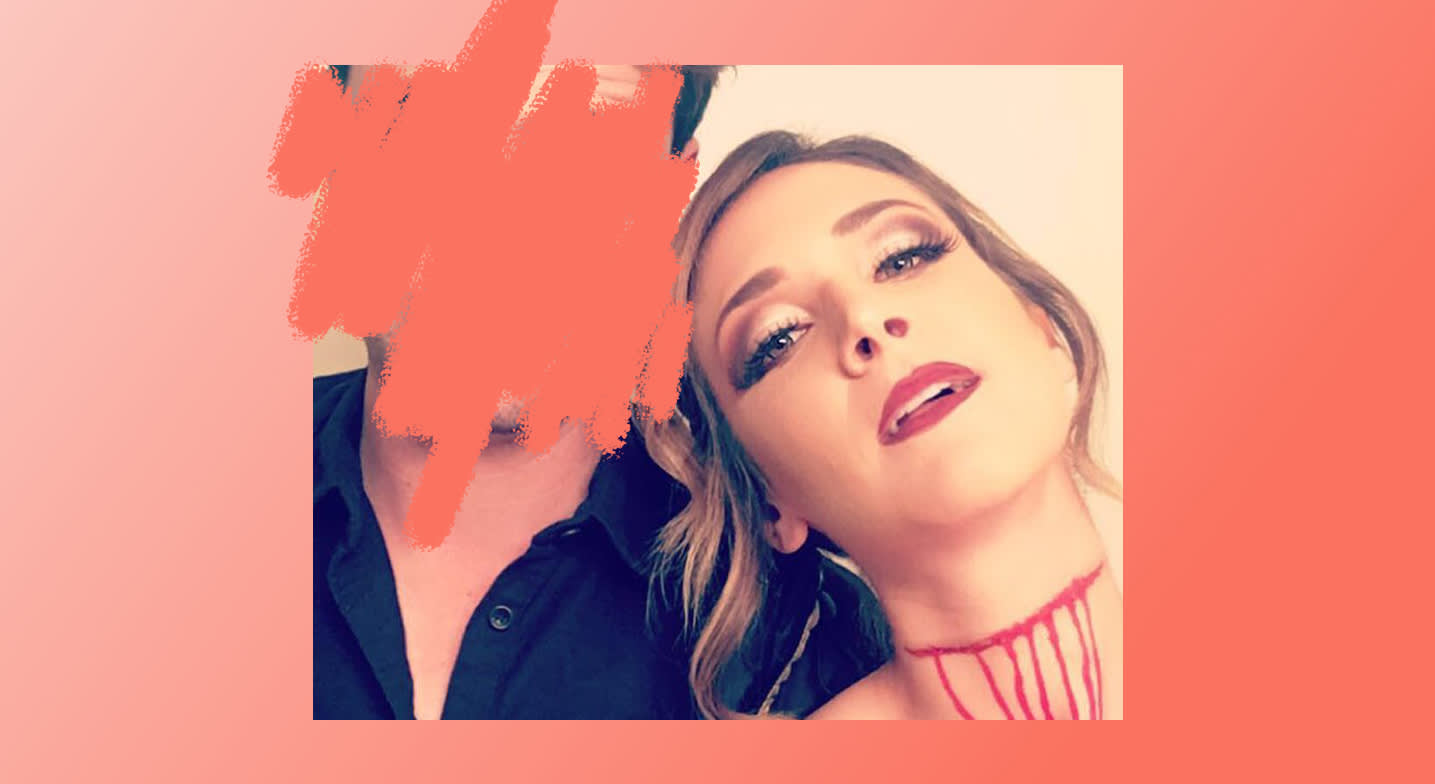In news that made us do a double take, Merriam-Webster declared “gaslighting” as its word of the year for 2022. To be clear, the term, named for the classic 1938 play and subsequent film about a man who manipulates his wife into questioning her sanity, is a fixture of contemporary vernacular. But it burst into the cultural consciousness a decade or so ago and swiftly took hold. Is it really possible that “gaslighting” is only now having its moment in the sun? Or are we being gaslit into thinking this is a buzzy new concept?
In fact, it’s the slipperiness of the term that accounts for its continued rise in popularity—when any two people or ideologies are in conflict, it can be tempting for one to suspect the other of deliberately distorting reality rather than admitting to a fundamental difference of opinion. And so, no longer confined to intentional manipulation, “gaslighting” sometimes gets used to describe practically any stance or behavior that the user finds distasteful. No wonder searches for the word’s actual definition are up 1,740% this year, according to Merriam-Webster.
Where the dictionary explains, stories illuminate. These listens that describe, contextualize, and pinpoint gaslighting behavior shed light on a concept that deserves to be understood. Instead of gaslighting us into accepting an infinitely expandable meaning, they offer a reliable basis for understanding a tricky concept.
Her Body and Other Parties writer Carmen Maria Machado broke the mold with this stunning memoir about love, identity, and domestic abuse. Written primarily in the second person (addressed to the author's younger self) and in short, experimental chapters, In the Dream House tells the story of Machado's two years in graduate school, when she fell for a beguiling woman who turned abusive. As she unpacks the accumulating layers of rage, gaslighting, and emotional abuse she endured in the relationship, Machado also interrogates why instances of domestic abuse between queer couples are rarely revealed or explored in literature. In a culture that often presupposes gaslighting to be distinctly male or "butch" behavior, In the Dream House is a true eye-opener.
Gaslighting is just one of many potential pitfalls in modern dating—others include love bombing (bombarding someone with attention and affection), ghosting (disappearing without a trace), and benching (keeping someone on the back burner while continuing to date around). While the tendency of contemporary therapy-speak to pathologize certain behaviors can be problematic, as in the concept creep of gaslighting, it's also incredibly helpful to identify and name such concepts in order to combat them. Gabi Conti's irreverent Am I Dating a Serial Killer?! is far less concerned with the worst-case scenario of its title and much more focused on the common red flags that everyone comes across now and then—so its tactical advice has broad applications.
From Tom Ripley to Amazing Amy, most thriller antiheroes can gaslight with the best of them. But there's pretty much no one like the gloriously demented villain of Behind Her Eyes, Sarah Pinborough's psychological thriller about a secretary whose affair with a married man brings her face to face with what just might be the world's most toxic relationship—and it's not even between the parties you think. With a twist this bonkers, you won't guess who's gaslighting whom until the jaw-dropping reveal.
There are many self-development books out there to help you recognize, predict, and combat toxic gaslighting, and this is one of our listeners' absolute favorites. Read by Stephen Low, Tyron Braden's primer on manipulative, narcissistic behavior is essential listening for anyone who's ever felt gaslit into questioning their own version of events. What's even more compelling is that, in just a little more than three hours, Gaslighting not only succinctly summarizes how to understand and identify exactly what gaslighting is but also shows how to stop the behavior in its tracks and even steer the perpetrator toward change their ways for good.
Gaslighting isn't confined to interpersonal relationships. It can also be observed in politics, media, and the sociocultural sphere when people are deliberately manipulated via lies, fake news, disinformation, and cyber fraud to question their own perception of reality. Author Sarah Kendzior (They Knew, Hiding in Plain Sight) and journalist/filmmaker Andrea Chalupa are experts on authoritarian states who warned America about election hacking years before 2016. In this enlightening podcast, they take a deep dive into the news, skipping outrage to deliver analysis, history, context, and sharp insight on global affairs.
Brandon Taylor's Booker-longlisted novel explores gaslighting on a monumental scale in its snapshot of the life of a postgraduate student also facing racism and abuse. Wallace is Black, queer, and Southern. He’s pursuing a biochem degree at a Midwestern university, but he’s careful not to show too much of himself to his colleagues and friends, and that distance becomes most notable over the course of a single weekend. A series of confrontations has Wallace questioning everything—and exposes some of the undercurrents of hostility and tension among his friend group. This powerful novel about loneliness and navigating an unfamiliar and often hostile environment is narrated by beloved performer Kevin R. Free.
Patrick Hamilton, better known as the man who invented gaslighting with his instantly iconic 1938 play, made the study of human cruelty and dysfunction his life's work. His 1926 novel Craven House foreshadowed his unique legacy with its nuanced exploration of a shabby English boarding house and its unforgettable occupants. Handled with more optimism and tenderness than Hamilton exhibited in his later work, the residents of Craven House are vividly presented with the psychological acumen that made Hamilton's notion of gaslighting the version that would forever stick.











